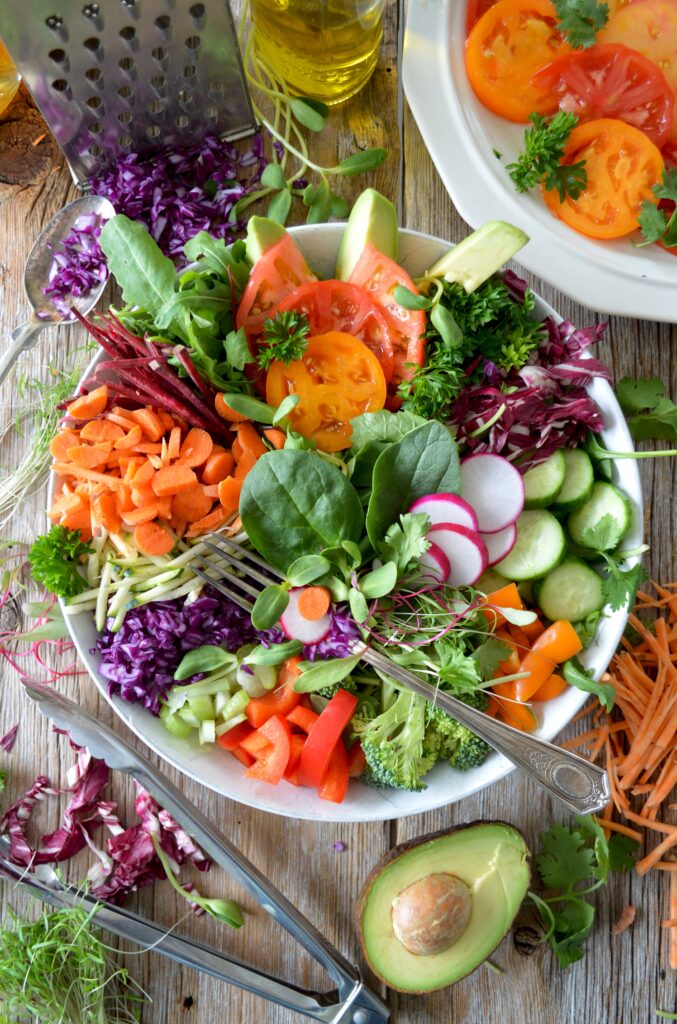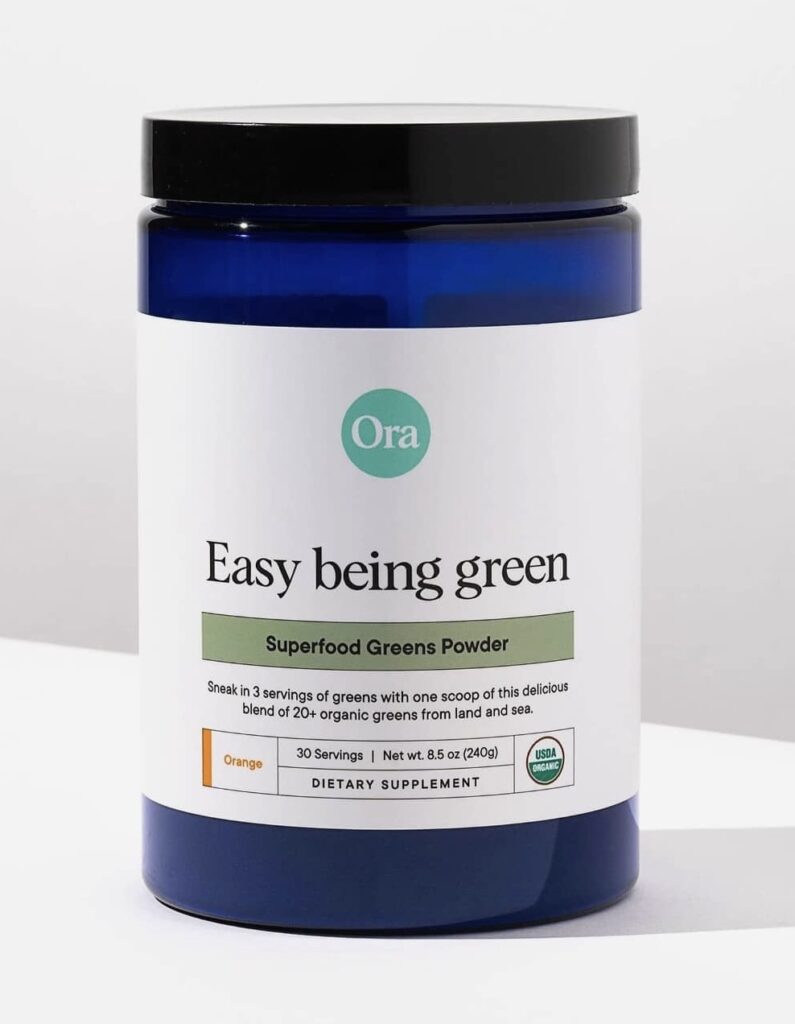One Body: What Are You Putting In?

If you searched on the web today, nutrition questions are definitely amongst the most Googled questions. In this article, I wanted to isolate some of the most interesting topics on Google and provide some evidence-based answers. Let’s begin with some of the major classes of foods people consume and why.
The Vegetarian Diet- Who or What Is A Vegetarian?
We’ve all heard of the term ‘Vegetarian’. Many people use this term and say that they are “vegetarian” if they simply avoid red meat. I’ve seen this happen a lot here in the United States. But, a true vegetarian excludes ‘flesh foods’ from their diet (and as you will soon find out, this may or may not include eggs or dairy products). Flesh foods include meats like beef, pork, lamb, and poultry like chicken and turkey. Wild game like venison, seafood like fish and shellfish, and any products made from these are also considered flesh foods. Some people, myself included have decided to embrace the best of both worlds and be what they call a semi-vegetarian (or flexitarian). This means that I base most of my diet on a plant-based way of eating, while also occasionally eating meat/animal products.
Pescatarian
Another type of semi-vegetarian is the pescatarian. This is when a person avoids all land based animals, but consumes fish and seafood together with their plant-based diet. Meanwhile, a lacto-ovo vegetarian would avoid all flesh foods but include dairy and eggs (along with their products). Lacto-ovo vegetarians will also avoid eggs but include dairy and dairy products.

Vegan
The most extreme form of vegetarianism is a vegan. People become vegan for multiple reasons. The distinction must be made between a dietary vegan and an ethical vegan. A dietary vegan will not consume flesh foods or any animal-derived substances, while an ethical vegan may take it a step further and oppose the use of animals for any use. For example, they may not wear leather.
Why A Vegetarian Diet?
There are several reasons for embarking on a vegetarian diet, but the most common reasons are:
- Cultural preference: eastern more than western
- Religion: Hinduism and Buddhism
- Ethical: Compassion towards animals and the desire to protect the environment
- Economical: Due to the cost of animal proteins vs plant proteins
- Taste preferences
- Health benefits: such as lower risk for chronic disease and the therapeutic management of disease
- Age: adolescents may avoid meat to differentiate themselves from their meat-eating parents.
Environmental Impact
Let’s hone in on the environmental impact of a vegetarian diet. A variety of sources confirm that a vegetarian diet is more environmentally sustainable for several reasons. For example, it utilizes fewer natural resources, less water and fossil fuels to produce and this way of eating is also associated with less environmental damage. Substituting beans for beef in the diet would significantly reduce the environmental footprint worldwide. It you are substituting beans for beef in the diet, you would significantly reduce your environmental footprint. 1kg of protein from kidney beans will use:
- 18 times less land
- 10 times less water
- 9 times less fuel
- 12 times less fertilizer
- 10 times less pesticide in comparison to producing 1 kg of protein from beef
According to the American Dietetic Association, beef production uses more manure waste than from any other animal food production and so by decreasing our intake (even marginally), you could have a positive effect.
If you’ve been searching for a great superfood green mix, Ora Organic’s products are sustainably sourced from organic and plant-based foods. They believe in clean nutrition for a healthy body and a healthy planet!

What Are The Stats?
More than one health agency promotes and encourages a plant based way of eating. This includes the American Institute of Cancer Research which suggests that Americans consume at least 2/3 of their dietary intake from vegetables, fruit, wholegrains and beans. In addition, the 2015-2020 dietary guidelines for Americans mentioned the vegetarian diet as one of the three most healthful dietary patterns. The other two are a ‘healthy’ US style and a healthy Mediterranean style.
If you are feeling a bit overwhelmed and are worried that you may not be able to ‘stick’ to being a vegetarian, rest assured, you can reap most of the. Benefits by even just being a vegetarian some of the time. You don’t have to be extreme.
According to the American Dietetic Association position paper on vegetarian diets, an appropriately planned vegetarian diet (including a vegan diet) can be:
- Nutritionally adequate
- May provide health benefits
- Lead to the prevention and treatment of certain diseases
Appropriate for all stages of the life cycle including:
- Pregnancy, lactation and infancy
- Childhood, adolescence, older adults, and athletes
Characteristics of A Healthy Vegetarian Diet
Some of the common characteristics of a vegetarian diet (that results in these multiple health benefits) is that it is typically:
- Low intake of saturated fat
- High intake of vegetables, fruits, whole grains, legumes, soy products, nuts and seeds
- All rich in fiber and phytochemicals
Ora Organic’s ‘Easy Being Green- Superfood Greens Powder’ is a delicious green powder that is made from over 20 organic veggies, grasses, herbs, and superfoods. It tastes great in smoothies, and juices or simply with iced water and a slice of lemon. Just one scoop is the equivalent of 3 servings of greens, making it the perfect green mix powder for kids and kids alike (#adulting).
Can A Vegetarian Diet Be Unhealthy?
It’s important to remember that any diet has the potential to be healthy or unhealthy. A vegetarian diet is the same. It can be a diet filled with refined carbohydrates, solid fats, and added sugars. It will still be vegetarian, but you will definitely not reap the proposed health benefits.
Ora Organic’s ‘Easy Being Green- Superfood Greens Powder’ is a healthy alternative because it contains alkaline veggies that help naturally detoxify the body, supply antioxidants, and provide greens-specific phytonutrients.
As I’ve mentioned time and time again, variety is key when it comes to a healthy diet and healthy eating patterns. If you allow any diet to become monotonous, you stand at risk for nutritional deficiencies. Remember, if you eat the same thing day in and day out, vegetarian or not, you are only getting 1 set of nutrients. We need a variety of nutrients every day in order to be healthy and to prevent disease. Anyone wanting to follow a vegetarian diet must also be cognizant of their processed food intake. Just as with omnivores, in order to be a healthy vegetarian, you must strive for the majority of your diet to come from minimally processed foods in lieu of highly processed foods. Highly processed foods are usually devoid of naturally occurring nutrients and thus when you eat only these, you risk nutritional deficiencies.
This is why I love Ora Organic’s ‘Easy Being Green- Superfood Greens Powder’ because not only does it provide specific phytonutrients, but it also packs Ayurvedic herbs such as Ashwagandha and Triphala to support both the immune system and stress relief.
In summary, there are various forms of vegetarianism. A healthy vegetarian diet is one that contains minimally processed choices. A vegetarian diet can be beneficial for the environment. Vegetarians consume adequate (if not increased) levels of most nutrients as the body adapts to lower intake and bioavailability by increasing absorption and decreasing losses. Not to mention, the benefits outweigh the risks.
So tell me, are you a vegetarian? And if you are not, why not try to incorporate Ora Organic’s ‘Easy Being Green- Superfood Greens Powder’ in your meal plan this week?
For questions or nutritional concerns, feel free to contact me here.
“So whether you eat or drink or whatever you do, do it all for the glory of God”– (1 Corinthians 10:31)
**Erica weaves themes of transformative hope and grace-filled leadership into everything she shares on her blog. She’s an author, a speaker, and a life coach, who offers honest encouragement and road-tested wisdom about topics ranging from leadership and lifestyle, to discovering your God-crafted identity, design, and purpose.
This post is sponsored by: https://hype.co/@ericakenechi
4 Comments
Glen Stewart
Wow, this piece of writing is nice, my younger sister is analyzing these
things, thus I am going to tell her.
Erica Kenechi
Thank you!
John Aguilar
Hola! I’ve been following your blog for a long time now and finally got the bravery to go
ahead and give you a shout out from Atascocita
Tx! Just wanted to tell you keep up the good work!
Erica Kenechi
Thank you John!